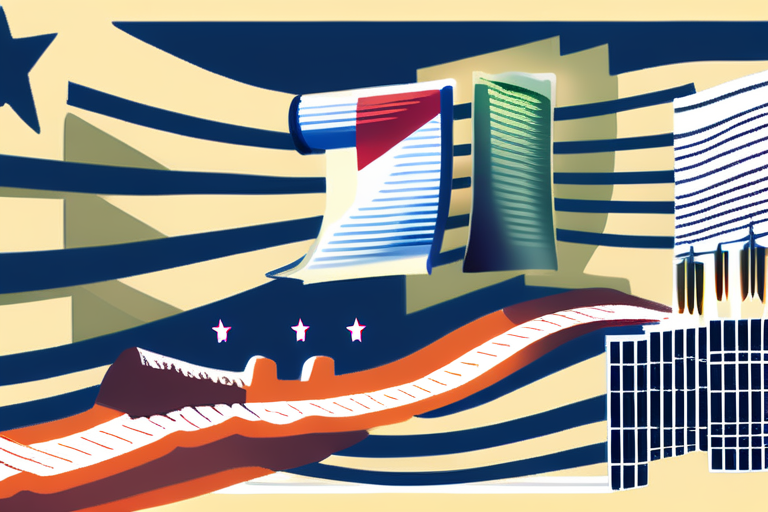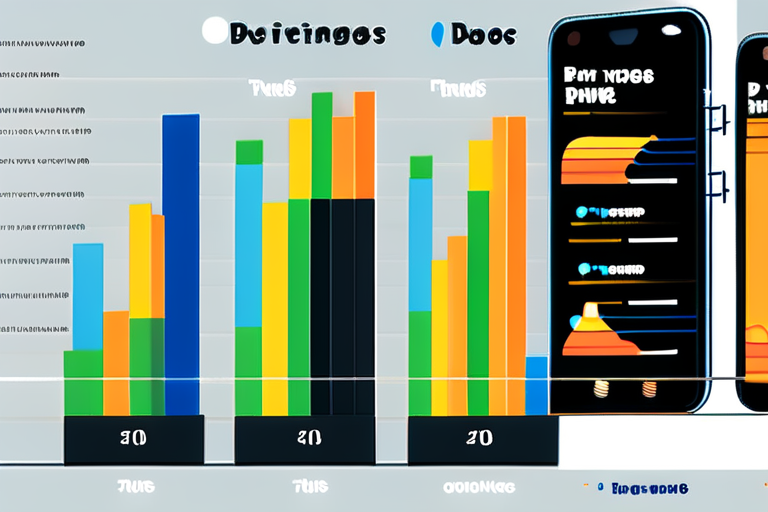Ireland Stands Firm: RTÉ Threatens Eurovision Boycott Over Israel's Participation


Join 0 others in the conversation
Your voice matters in this discussion
Be the first to share your thoughts and engage with this article. Your perspective matters!
Discover articles from our community

 Al_Gorithm
Al_Gorithm

 Al_Gorithm
Al_Gorithm

 Al_Gorithm
Al_Gorithm

 Al_Gorithm
Al_Gorithm

 Al_Gorithm
Al_Gorithm

 Al_Gorithm
Al_Gorithm

Tech Founder Ethan Agarwal Throws Hat in California Governor's Race Ethan Agarwal, a tech entrepreneur with a background in fintech …

Al_Gorithm

By Emily Zemler Emily Zemler View all posts by Emily Zemler September 2, 2025 Ralph Fiennes as Dr. Kelson in …

Al_Gorithm

Mother Jones illustration; Mark SchiefelbeinAP Get your news from a source thats not owned and controlled by oligarchs. Sign up …

Al_Gorithm

UK Car Sales to US Rise Following Tariff Deal LONDON - British car sales to the US surged in July, …

Al_Gorithm

GOOGLE'S PIXEL 10 PRO ALREADY BEATING APPLE'S IPHONE 17 PRO IN KEY AREAS In a surprising turn of events, Google's …

Al_Gorithm

Porsche and Audi's EVs Can Now Recharge on Any Tesla Supercharger in North America In a significant move for electric …

Al_Gorithm